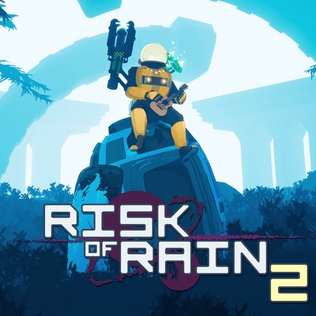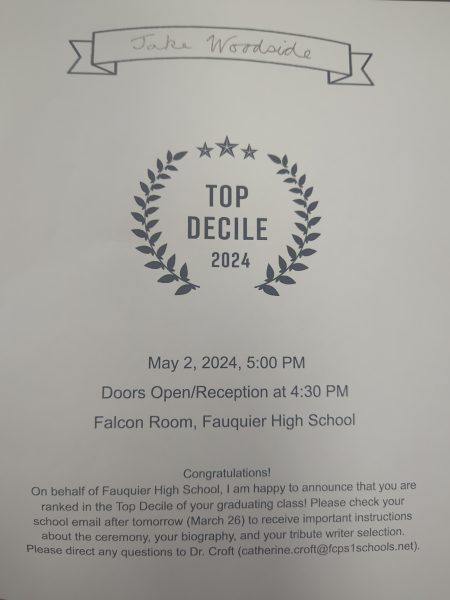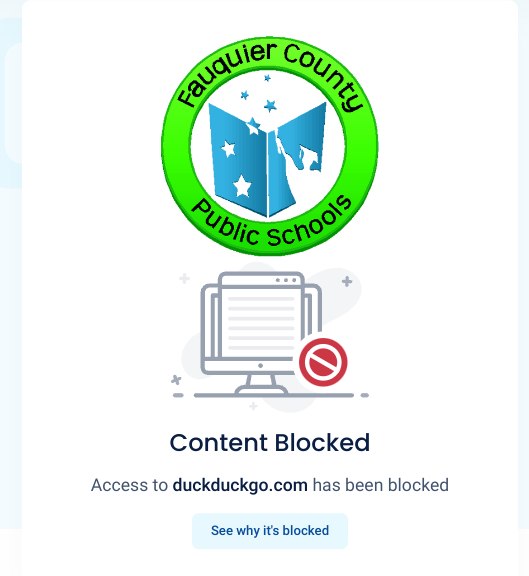Burton the New Nigerian Prince?
March 28, 2019
About 14.5 billion spam emails are sent globally every day, according to statistics gathered by Propeller Customer relationship management (CRM). The Information Security Office processed a total of 11,158,253 email messages in 2016 with 9,054,752 of the messages being spam in.
On March 1, a strange email was sent out to faculty. It was sent from someone claiming to be principal Clarence Burton. The email said he was in a meeting and he couldn’t talk because they weren’t allowed to have phones. The messenger wanted the recipient to buy a Google Play card and insisted they would give the money back.
“I could tell that it was not from Mr. Burton because it did not come from his email address,” said Instructional Technology Resource Teacher (ITRT) Michelle Green. She said there were typos and the way that he signed the email was weird.
“I got on the phone with Mr. Burton immediately then I sent a staff email letting them know not to open up that email,” said Green.
School Security Officer (SSO) Sal Torelli also received the email and, like Green, knew it was fake immediately: “Mr. Burton would always call me on the phone if he needed something,” he said.
Torelli said the school handled the situation very well. “The school put an email out immediately saying to disregard the email,” Torelli said. “I’ll tell you that our tech people are on stuff right away.”
Shortly after the scam email involving Burton, a similar email was sent out claiming to be Dr. David Jeck. Manager of Information Resources (MIR) Todd Hickling sent out and email to all Fauquier County Public Schools concerning the mail on March 12 saying to not open the email. He advised if someone did, they should get the system they opened it on scanned and checked.
Similar to the texts students received last year saying “someone complimented you,” this email shows how crazy spam emails can be; they can reach all audiences and even write personal information to make them seem real. Luckily, the school was able to notify everyone that it was a scam before anything bad happened.
“There’s a lot of spam going on right now, (…) it’s been going around for years,” said Torelli. He said he gets spam every day, whether it’s at school or at home. “I got one the other day saying my credit card was compromised. It was Suntrust Bank, I don’t have SunTrust Bank.”
The issue has only been getting worse as technology advances and it becomes easier to do. However, advancing technology also allows for spam filter programs to be created in order to fight the problem. While this is good news, it is unknown if spamming will ever be eliminated because no one can stop a scammer from pressing that send button.

















